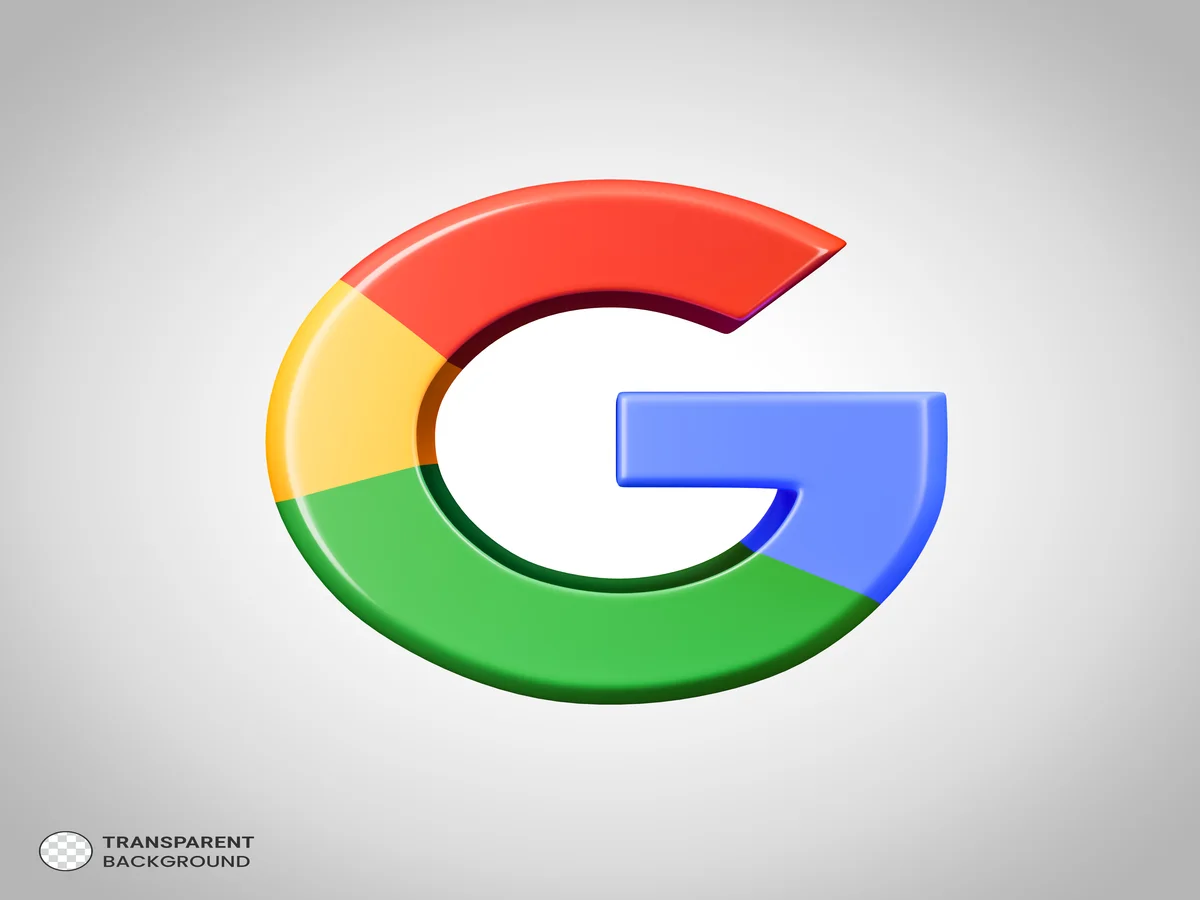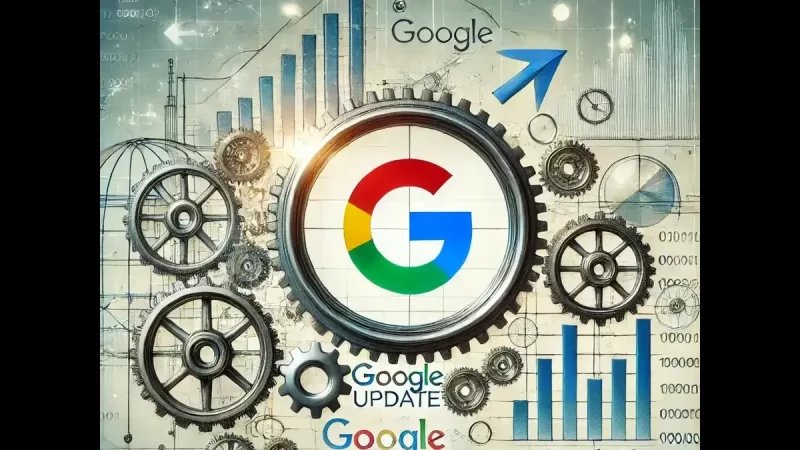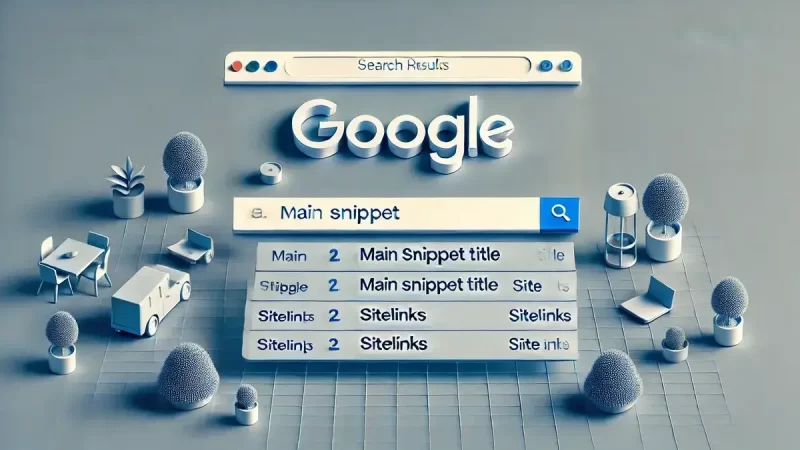Google: Broken System or Perfectly Fine? Examining the Claims

Google, the tech giant founded in 1998, has grown from a simple search engine to a multifaceted conglomerate involved in various sectors, including advertising, cloud computing, and artificial intelligence. Its influence on the internet is unparalleled, making it a focal point of discussions regarding its operations, ethics, and impact. Some argue that Google is a broken system fraught with issues, while others believe it functions perfectly fine. This article examines the claims on both sides to understand the nuances of this debate.
The Argument for a Broken System
Monopolistic Practices
One of the primary criticisms against Google is its monopolistic behavior. Critics argue that Google’s dominance in the search engine market (over 90% market share) stifles competition. This control extends to the advertising sector, where Google and its subsidiary, YouTube, hold a significant share. Such dominance is said to create an uneven playing field, making it difficult for new entrants to compete.
Privacy Concerns
Google’s business model heavily relies on data collection. By tracking user behavior across its services, Google can provide targeted advertisements, which are a major revenue source. However, this practice raises significant privacy concerns. Critics argue that Google’s extensive data collection infringes on user privacy and exposes personal information to potential misuse. The company has faced numerous fines and legal battles over privacy violations in different jurisdictions, adding weight to this argument.
Algorithmic Transparency
Another contentious issue is the lack of transparency in Google’s algorithms. These algorithms determine search rankings, ad placements, and content recommendations, significantly influencing what users see online. Critics claim that the opaque nature of these algorithms allows for bias and manipulation, which can have wide-reaching consequences. For instance, allegations of political bias in search results have sparked debates about the fairness and impartiality of Google’s systems.
The Argument for a Perfectly Fine System
Innovation and Convenience
Supporters of Google highlight the innovation and convenience it brings to users. Google has revolutionized the way people access information, making it easier and faster to find relevant content. Its suite of services, including Gmail, Google Maps, and Google Drive, has become integral to daily life for millions of users worldwide. The continuous development and improvement of these services demonstrate Google’s commitment to innovation.
Economic Contributions
Google’s economic impact is substantial. It creates jobs, supports small businesses through advertising, and contributes to economic growth. The company invests in infrastructure, research, and development, fostering technological advancements that benefit various industries. Google’s presence in local economies, through offices and data centers, also brings significant financial benefits to communities.
Commitment to User Experience
Google prioritizes user experience, constantly updating its algorithms to provide more accurate and relevant search results. The company’s focus on user satisfaction is evident in its efforts to combat misinformation, improve security features, and enhance the overall quality of its services. Initiatives like the Google News Initiative and the fight against fake news are examples of how Google strives to maintain a trustworthy and reliable platform.
Balancing the Claims
The debate over whether Google is a broken system or perfectly fine is complex, with valid points on both sides. On one hand, concerns about monopolistic practices, privacy, and algorithmic transparency cannot be ignored. These issues highlight the need for regulation and oversight to ensure that Google’s influence does not become detrimental.
On the other hand, the benefits Google provides through innovation, economic contributions, and user-centric services are significant. These positives underscore the company’s role in driving technological progress and enhancing user experiences across the globe.
Google is neither entirely broken nor perfectly fine. It is a multifaceted entity with strengths and weaknesses. Addressing the criticisms without stifling innovation is the key challenge for regulators, policymakers, and the company itself. By finding a balance between oversight and freedom, it is possible to ensure that Google continues to contribute positively to society while mitigating the risks associated with its vast influence.
FAQs: Google: Broken System or Perfectly Fine? Examining the Claims
Some people believe Google is a broken system due to its monopolistic practices, privacy concerns, and lack of algorithmic transparency. They argue that Google’s dominance in the market stifles competition, its extensive data collection infringes on user privacy, and the opaque nature of its algorithms can lead to bias and manipulation.
Google is accused of monopolistic practices primarily due to its dominance in the search engine market, holding over 90% market share. This control extends to the advertising sector, where Google and its subsidiary, YouTube, have a significant share. Such dominance is said to create an uneven playing field, making it difficult for new entrants to compete.
Google’s business model relies heavily on collecting data from users to provide targeted advertisements. This extensive data collection raises significant privacy concerns, as it involves tracking user behavior across various services. Critics argue that this practice infringes on user privacy and exposes personal information to potential misuse.
The transparency issues related to Google’s algorithms revolve around their opaque nature. These algorithms determine search rankings, ad placements, and content recommendations. Critics claim that the lack of transparency allows for bias and manipulation, affecting what users see online and sparking debates about the fairness and impartiality of Google’s systems.
Supporters of Google argue that it brings significant innovation and convenience, contributes economically, and prioritizes user experience. They highlight how Google has revolutionized information access, supports small businesses, invests in infrastructure, and constantly updates its services to improve user satisfaction and combat misinformation.







